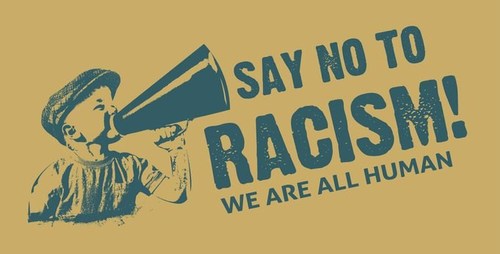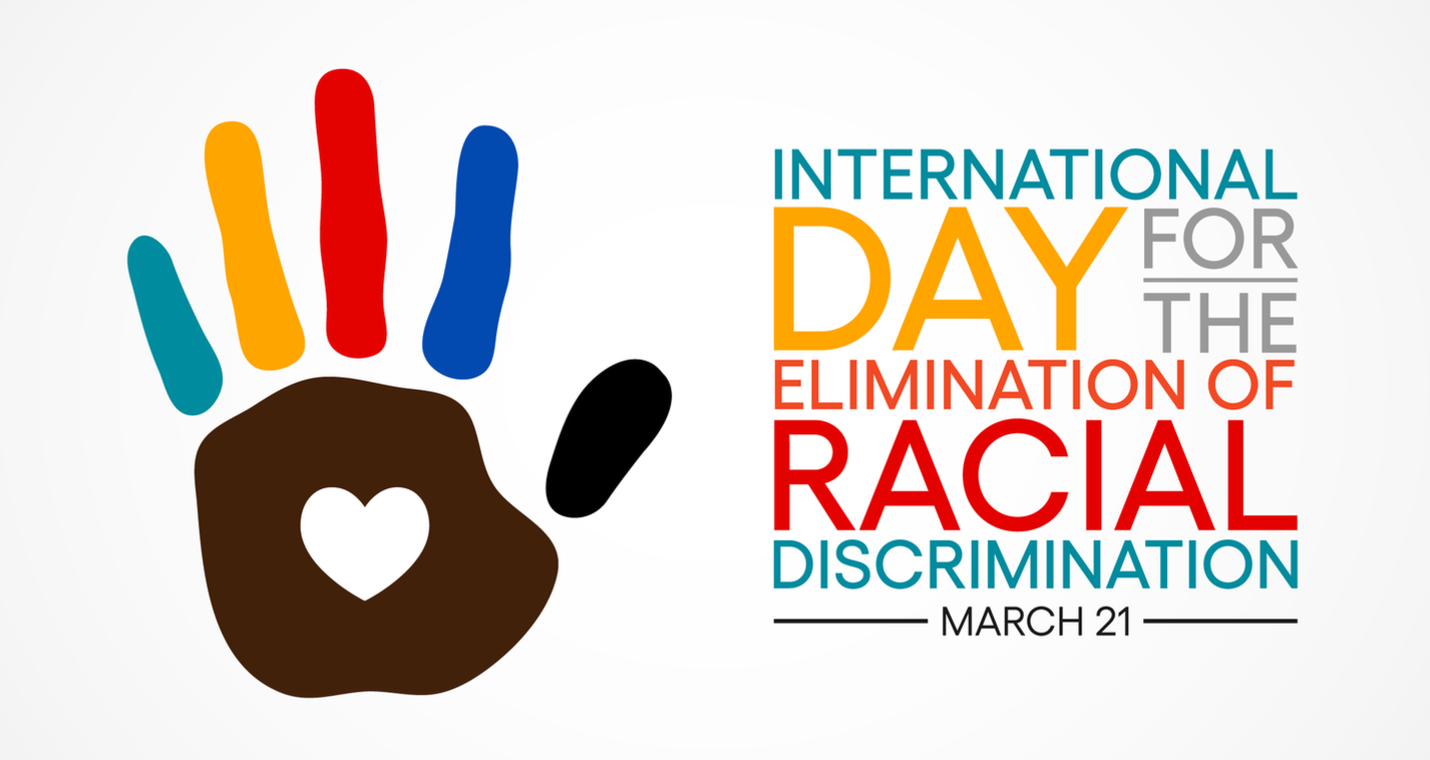By Polina Pallieraki,
The International Day for the Elimination of Racial Discrimination is celebrated every year on March 21st. It was established in 1966 by the United Nations General Assembly, in commemoration of a tragic event that shook world public opinion.
On March 21st, 1960, racist South African police fired a cold-blooded shot at a student demonstration in the town of Sharpeville, killing 70 people. The young protesters protested peacefully against the laws of Apartheid, imposed by the white minority regime in the country, applying the theory of inequality between races.
The UN is calling on us on this day to unite our voices for the victims of racism, racial discrimination, xenophobia, and intolerance. It is worth mentioning here that last year we witnessed the deadly imprint of the COVID-19 pandemic. But the scourge of racism has also flattened many lives with tragic consequences.
As the UN High Commissioner for Refugees, I have seen firsthand how racism and racial discrimination are the root causes of persecution and displacement. The practical fight against racism and racial discrimination can and will help to prevent these phenomena. It will also reduce the dangerous discrimination and stigmatization that refugees in asylum countries all too often face.
Failure to eradicate racial discrimination will continue to force innocent people to uproot and fear for their lives. But this day is not just about recognizing the need for others to take action. We should all pause and reflect on ourselves, our organizations, and our actions.
At UNHCR, we look internally to ensure greater diversity and inclusion among our human resources that fulfill our mission and meet the needs of people who are displaced and stateless around the world. Those who work there are interested in understanding better people’s unconscious prejudices, eliminating discrimination, and becoming a more anti-racist and non-discriminatory organization. This is their commitment as High Commission: to ensure that UNHCR is an organization, where they not only value diversity, but where every colleague feels that they have visibility, a voice, and representation.
This year, on the International Day for the Elimination of Racial Discrimination, we all need to renew our commitment to listen, resist, speak out, and actively combat racism and racial discrimination. Racism and racial discrimination, when they affect anyone or anyone among us, affect us all. More specifically, UNHCR has published guidelines to tackle racism and xenophobia, giving practical examples and good practices from its offices around the world.

The Global Refugee Pact puts at the core of actions to prevent displacement and ensure the harmonious coexistence of refugees and host communities an end to discrimination of all kinds based on race, color, sex, language, religion, political or other beliefs, national or social origin, property, birth, disability, age, or any other situation.
As part of UNHCR’s efforts to become an anti-racist, non-discriminatory organization, an independent internal evaluation has been commissioned to establish the basis and action plan and to establish an Advisory Group on Inclusion, Diversity, and Equality with members from the staff of the whole organization.
UNHCR’s efforts to tackle and respond to racism and racial discrimination are based on the following priorities:
- UNHCR calls for ensuring that the human rights of refugees, asylum seekers, internally displaced persons, repatriates, and stateless persons are respected without discrimination. It is essential to have strong laws and policies in place to combat racism, xenophobia, hate crimes, and hate speech.
- UNHCR calls for access to justice and effective remedies for victims of racism, racial discrimination, and for those responsible to be held accountable.
- UNHCR promotes education on the rights of the people under its mandate and promotes messages that support inclusion, diversity, humanity, and tolerance.
- UNHCR believes that everyone has a role to play in preventing and ending the racism and xenophobia that afflicts refugees, asylum seekers, the internally displaced, the repatriated, and the stateless.
Taking everything into account, it is worth mentioning that International Day for the Elimination of Racial Discrimination, “World Anti-Racism Day”, one might say, is a day of awakening. For everything, we must do for an open and free society, without discrimination, with equal rights for all.
We say a strong “no” to racism, xenophobia, intolerance.
References
- Παγκόσμια Ημέρα κατά του Ρατσισμού, sansimera.gr, Available here
- Official page of International Day for the Elimination of Racial Discrimination, un.org, Available here




